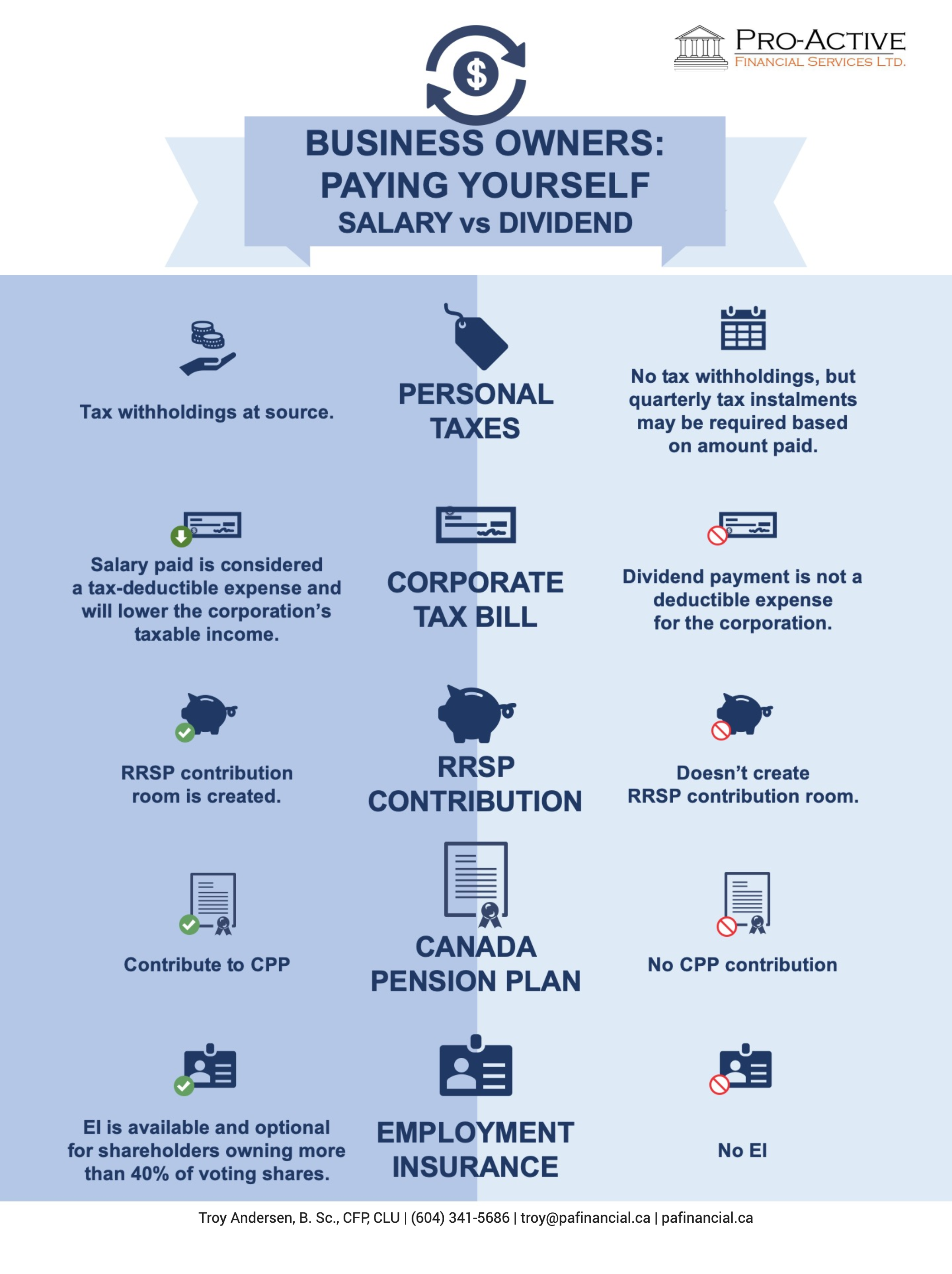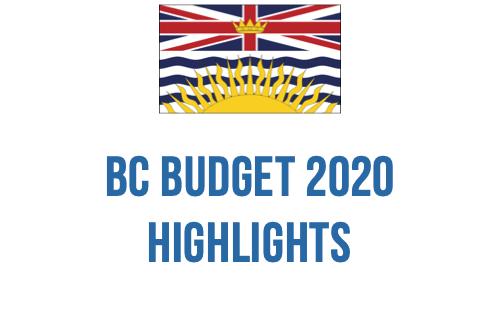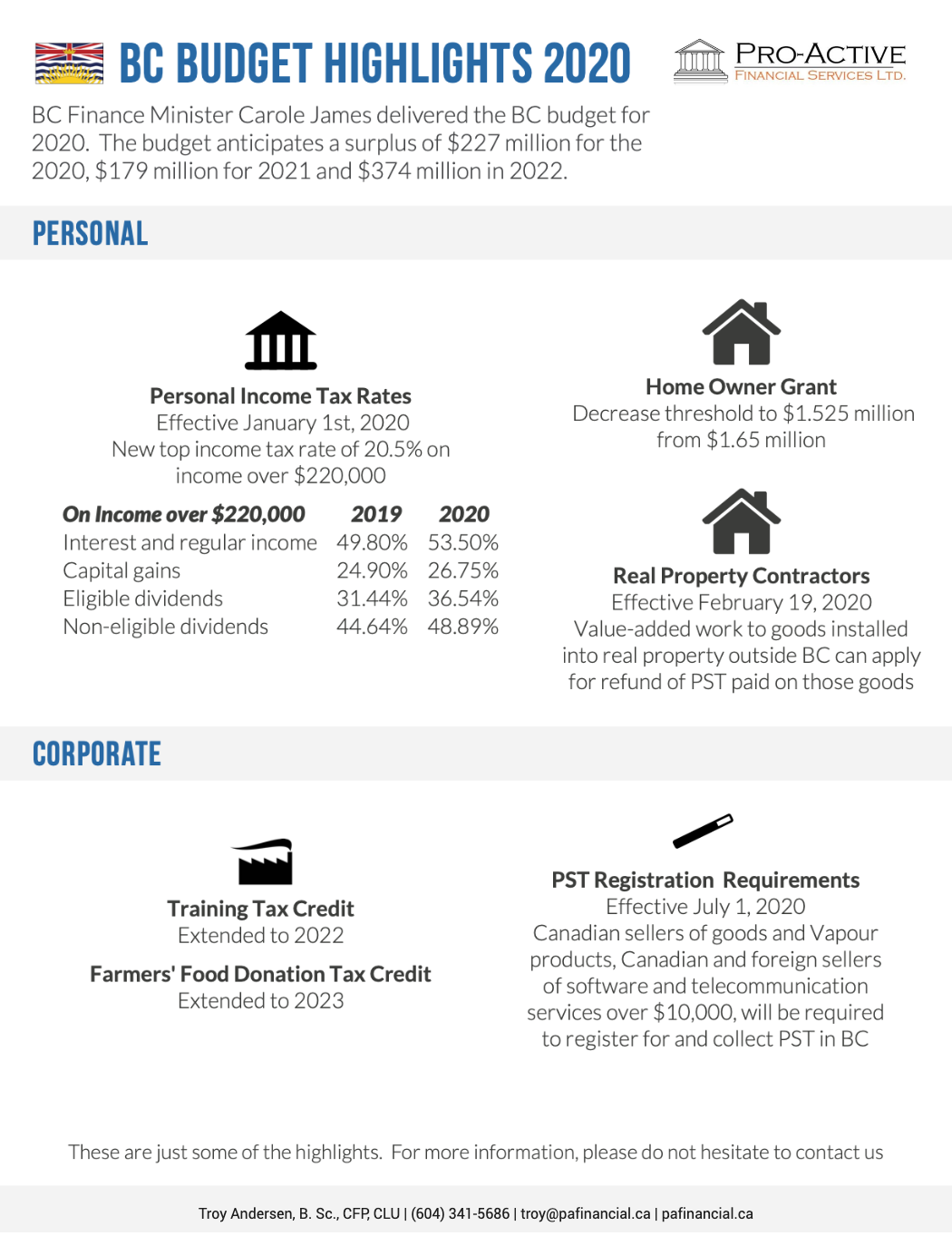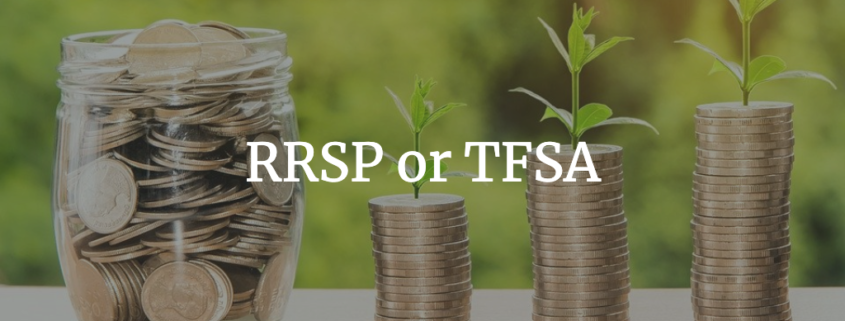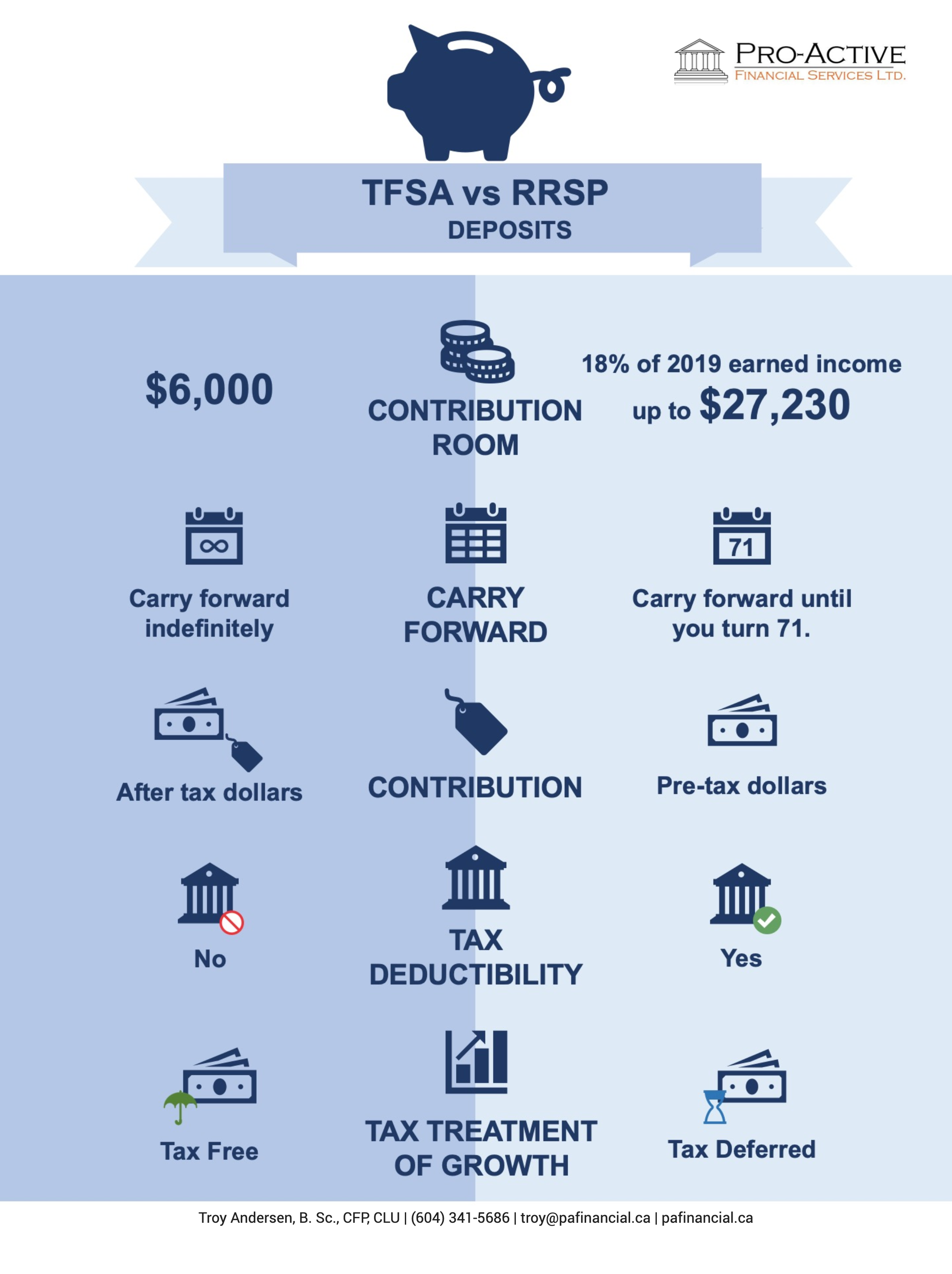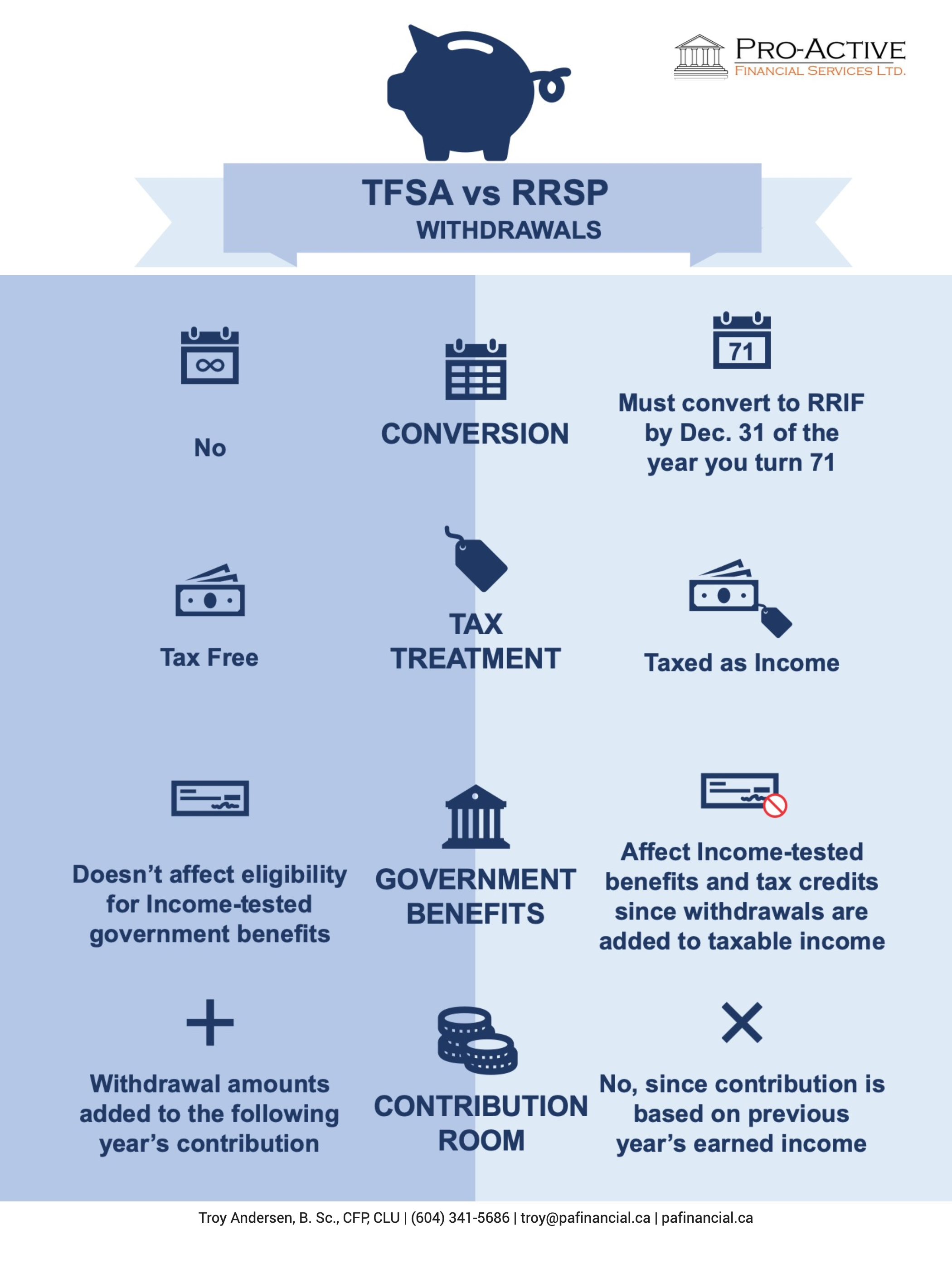BC COVID-19 Action Plan
$5 billion in income supports, tax relief and direct funding for people, businesses and services.
The COVID-19 Action Plan is government’s first step to provide relief to people and businesses in British Columbia. The plan dedicates $2.8 billion to help people and fund the services they need to weather the crisis; $2.2 billion will provide relief to businesses and help them recover after the outbreak.
New B.C. Emergency Benefit for Workers
A tax-free $1,000 payment to British Columbians whose ability to work has been affected by the outbreak.
This is a one time payment for British Columbians who receive federal Employment Insurance (EI), or the new federal Emergency Care Benefit or Emergency Support Benefit as a result of COVID-19 impacts. This includes workers who:
-
have been laid off
-
are sick or quarantined
-
parents with sick children
-
parents who stay at home from work while child care centres and schools are closed
-
those caring for sick family members such as an elderly parent
Workers can be EI-eligible and non-EI eligible, such as the self-employed.
B.C. Climate Action Tax Credit increased and expanded
In July 2020, as many as 86% of British Columbians will see some extra money from this enhancement.
Eligible families of four will receive up to $564.
Eligible individuals will receive up to $218.
Student Loan Payments frozen for 6 months
To help people with B.C. student loans, the Province is freezing B.C. student loan payments for six months, starting March 30, 2020.
Federal student loan payments are being frozen as well.
ICBC and BC Hydro payment deferral
British Columbians needing more time to pay their bills can also apply to existing payment deferral programs at ICBC and BC Hydro.
-
ICBC is extending deferrals to up to 90 days.
-
People dealing with job loss, illness or loss of wages due to COVID-19 may also qualify for BC Hydro’s Customer Crisis Fund grant program for up to $600.
Child Care Providers
Licensed child care providers staying open will receive enhanced funding to keep operations going. These centres are eligible to receive seven times their average monthly operating funding from government, which is expected to cover approximately 75% of a group facility’s average monthly operating expenses.
For Businesses
Employer Health Tax Deferred
Effective immediately, businesses with a payroll over $500,000 can defer their employer health tax payments until Sept. 30, 2020. Businesses with a payroll under this threshold are already exempt from the tax.
Extended tax filing and payment deadlines
The Province is extending tax filing and payment deadlines for the provincial sales tax (PST), municipal and regional district tax on short-term accommodation, tobacco tax, motor fuel tax and carbon tax until Sept. 30, 2020.
Business School Tax cut
Business and light- and major-industry property classes will see their school tax cut in half. This will provide $500 million in immediate relief for business that own their property and allow commercial landlords to immediately pass savings on to their tenants in triple-net leases.
Long Term Funding for hard-hit parts of economy
In the longer term, the recovery plan will dedicate funding to particularly hard-hit parts of the economy, such as the tourism, hospitality and culture sectors. The B.C. government is partnering with business and labour leaders to build an economic stimulus plan. The Province has allocated $1.5 billion for economic recovery.














